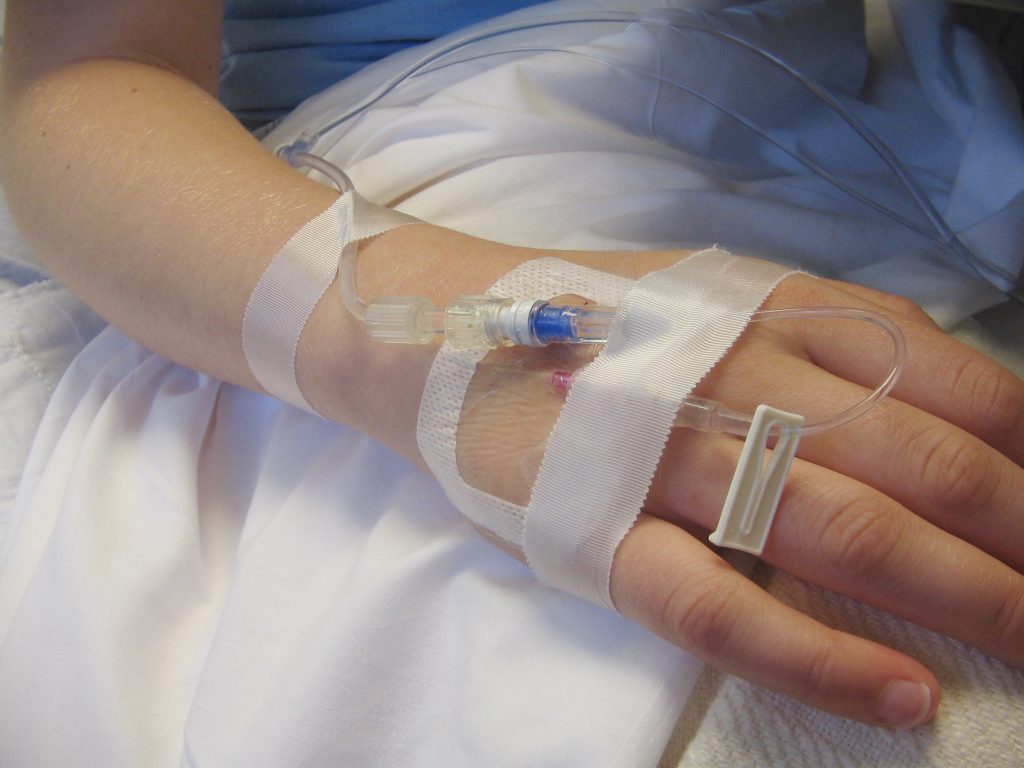 Because of the highly technical aspect of seeking relief from the court system, someone unfamiliar with the legal process can be confused and frustrated by the litigation process. This circumstance can be intensified by the harm done and the matter being litigated. Mr. William Matthews, the surviving husband of Mrs. Geranda Matthews, faced this exact problem when filing a medical malpractice claim against two of his wife’s physicians and Louisiana State University Health Systems.
Because of the highly technical aspect of seeking relief from the court system, someone unfamiliar with the legal process can be confused and frustrated by the litigation process. This circumstance can be intensified by the harm done and the matter being litigated. Mr. William Matthews, the surviving husband of Mrs. Geranda Matthews, faced this exact problem when filing a medical malpractice claim against two of his wife’s physicians and Louisiana State University Health Systems.
In 2009, Mrs. Matthews went to the hospital complaining of pain. Unbeknownst to the Matthews at the time, the pain was caused by lung cancer. Allegedly, two physicians at Moss Regional Medical Center failed to properly diagnose and treat her cancer until April 2010. The plaintiff also alleged that, because of the physicians’ failure to properly diagnose and treat her, cancer attached to her spinal cord, which caused intense pain, eventually paralysis, and she later passed away.
A claim was submitted to a medical review board, which found that the physician breached the standard of care. Subsequently, a medical malpractice lawsuit was filed with the Judicial District Court for the Parish of Calcasieu. Mr. Matthews also filed a motion for summary judgment on liability, causation, and damages. Louisiana State University Health Systems, the Defendant, opposed the motion asserting that there was a factual dispute over whether Ms. Matthews pre-existing condition contributed to her damages. After a hearing, the District Court granted the motion for summary judgment on the issues of liability and causation, leaving calculating damages for another motion for summary judgment or trial. Louisiana State University Health Systems appealed the judgment to the Louisiana Third Circuit Court of Appeal.
At issue in this appeal was whether the appeal was timely and properly filed and whether the motion to dismiss the appeal properly addressed that first issue. La.C. C..P. art. 1915(A)(5) provides that a judgment is considered final even when the court makes a decision on liability but reserves judgment on damages for another jury. As such, the Third Circuit found that the judgment on liability was appealable. Mr. Matthews’ motion to dismiss the appeal, however, focused on the Defendant’s lack of evidence in opposition to the summary judgment motion. The Defendant filed an opposition to Mr. Matthews’ motion to dismiss the appeal on the grounds that Mr. Matthew’s motion addressed the merits of the appeal itself rather than whether the appeal was timely filed. The Defendant also argued that there is still a genuine issue of material fact concerning whether pre-existing cancer caused or contributed to the plaintiff’s damages. Specifically, Mr. Matthews included the opinion of the medical review board, but the opinion did not state whether the alleged breach was the only cause of the harm caused, or if there were or could have been other contributing factors. The Defendant contended that this left a genuine issue of material fact unaddressed. The Third Circuit agreed with the Defendant by concluding that Mr. Matthews’ motion to dismiss the appeal addressed the merits of the appeal and should be addressed when the court reviews the appeal on its merits rather than the procedural posture at issue here.
This case, thus far, shows that litigating can take time—courts are slow and cautious when deciding issues. Although the court might decide in Mr. Matthews’ favor in the future, it did not feel that the issue was ripe for consideration by motion. While it is a best lawyer practice to aggressively advocate for your client, sometimes the courts prefer a more cautious, measured approach.
Additional Sources: WILLIAM MATHEWS VERSUS LOUISIANA STATE UNIVERSITY HEALTH SYSTEMS, ET AL.
Written by Berniard Law Firm Blog Writer: Alle E. McNorton
Additional Berniard Law Firm Articles on Louisiana Appeals: Untimely Filed Appeal of Lawsuit Decision Dismissed in Baton Rouge
 Louisiana Personal Injury Lawyer Blog
Louisiana Personal Injury Lawyer Blog

